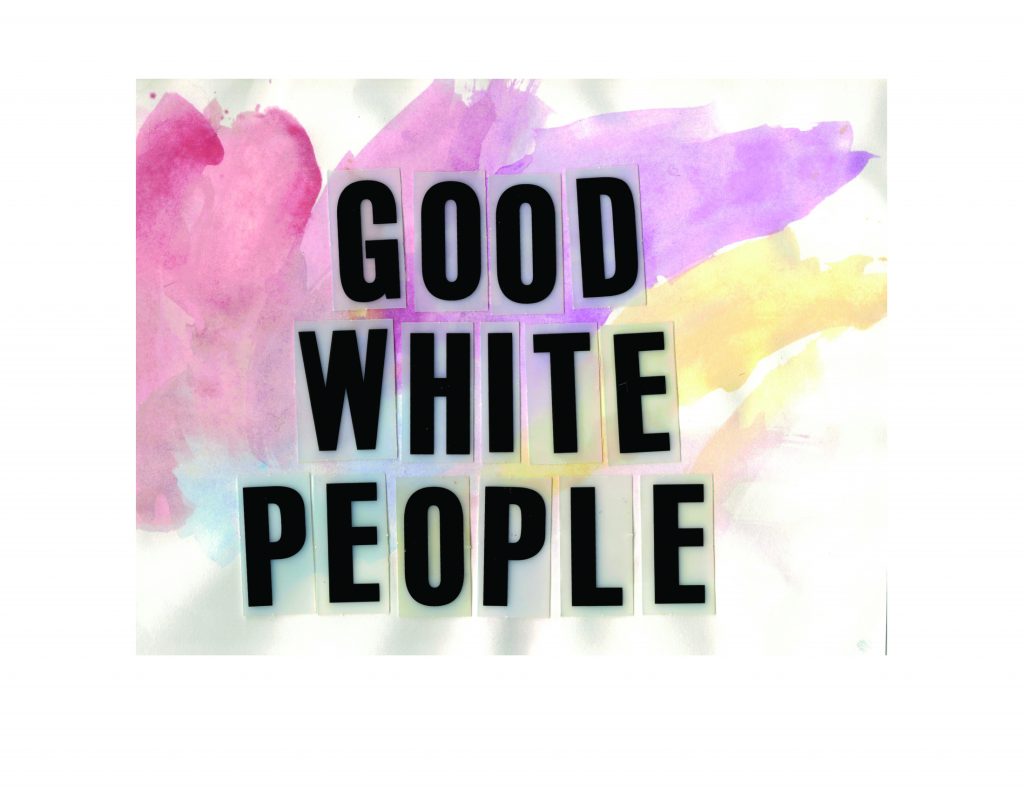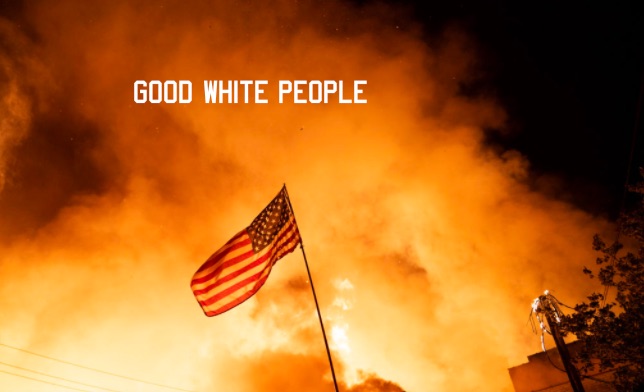Good White People:
Powerful Black voices deliver sobering messages about freedom for our hot-dogs-and-fireworks holiday. Will you pause on this strange Fourth of July, unlike any before it, and listen with an open heart?
Bryan Stevenson, founder of the Equal Justice Initiative, recently told The New Yorker magazine:
The great evil of American slavery wasn’t the involuntary servitude; it was the fiction that black people aren’t as good as white people, and aren’t the equals of white people, and are less evolved, less human, less capable, less worthy, less deserving than white people.
The New Yorker, June 1,2020
That ideology of white supremacy was necessary to justify enslavement, and it is the legacy of slavery that we haven’t acknowledged. This is why I have argued that slavery didn’t end in 1865; it evolved.
Bryan has spent much of his career raising awareness about this evolution of slavery, how it hides and reappears in insidious new ways as powerful leaders are socially pressured into changing the look of American racism but have never been willing to face the lies about Black people at the heart of it.
If, like Bryan, you can see slavery’s presence in our American conscience, policies, and presumptions, then the words of abolitionist Frederick Douglass have searing resonance for today. Addressing the Rochester Ladies’ Anti-Slavery Society on July 5, 1852, Douglass said:
Your high independence only reveals the immeasurable distance between us. The blessings in which you, this day, rejoice, are not enjoyed in common. The rich inheritance of justice, liberty, prosperity and independence, bequeathed by your fathers, is shared by you, not by me. The sunlight that brought light and healing to you, has brought stripes and death to me. This Fourth July is yours, not mine. You may rejoice, I must mourn…
Can we hear the words of Frederick Douglass today as if they are describing our current situation? The Black community does.
The feeling of the nation must be quickened; the conscience of the nation must be roused; the propriety of the nation must be startled; the hypocrisy of the nation must be exposed; and its crimes against God and man must be proclaimed and denounced.
Bryan Stevenson’s work to reform the criminal justice system sheds light on the purposeful design of our current penal system, a purposefully structured system that punishes more frequently and more cruelly persons of color. The more I learn about modern injustice, the more the words of Douglass ring as true today as they did before emancipation:
There is not a nation on the earth guilty of practices more shocking and bloody than are the people of the United States, at this very hour.
A group of Black artists – poets, hip hop artists, writers – have created a stunning poem with video. Daveed Diggs is the orator.
What then, to Black people, is the 4th of July? Don’t take my word for it, there are brilliant Black minds and voices ready and waiting to tell you.
Resources:
Long Read – unedited text of Frederick Douglass’ What to the Slave Is the Fourth of July? from Frederick Douglass: Selected Speeches and Writings
TED Talk – Bryan Stevenson, We Need To Talk About An Injustice, 23:41
Listen – James Earl Jones reads Frederick Douglass: What to the slave is 4th of July?, 5:40
Watch – The great-great-great-great grandchildren of Frederick Douglass take turns orating excerpts from his speech, adding wise personal reflections that belie their young ages. 6:58
Think – How do you feel about the Fourth of July: proud, sentimental, uncertain, patriotic? How do the words from these Black Americans challenge the ideals of freedom that you associate with the Fourth of July? Do you know any Americans who might not feel as emotionally connected to the ideals of freedom that you cherish and celebrate? Could you ask them about their experiences?
Flag image credit: Star Tribune via Getty Images
Read more in this series: Good White People


